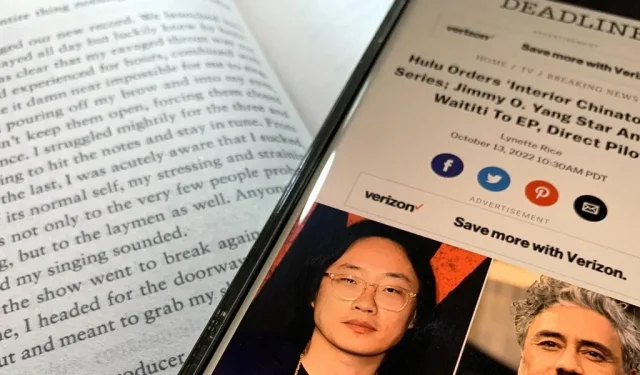For the avid multitasker, listening to audiobooks and podcasts is the best way to passively absorb knowledge while doing other activities, but there are other options. You can convert any written text on your Android phone into speech that will be read aloud to you, so there are virtually no limits on what you can hear on your headphones or speaker.
You can have your Android smartphone read almost anything aloud to you, whether it’s a digital book, a web page, an online news article, an email, a short story, a PDF document, a text file, or another form of writing. What’s more, you have options, and some of them work better depending on the type of text being converted to speech.
Method 1: Ask Google Assistant
The Google Assistant is the most convenient way to get your Android smartphone to read books, stories, news articles, and other text-based content.
Make sure you have the latest version of Google Assistant installed as well as the Google app to keep things running smoothly. You can install or update them from the Google Play Store (links: Google Assistant | Google). If this is your first time using Google Assistant, you should teach it to hear your voice and adjust other settings.
Now just go to the reading selection and say something like the following using “Hey Google”or “OK Google”. You can also invoke Google Assistant via hardware (eg power button, quick press) or other software shortcuts (eg corner swipe, Google search widget), depending on your Android device.
- “Read my screen.”
- “Read.”
- “Read it”.
- “Read this page.”
- “Read aloud.”
The Google Assistant will launch a user interface with player controls and begin reading the selection out loud, highlighting the words in blue as it goes. Some applications are better optimized for text-to-speech; You’ll know when Google Assistant displays the Read button once it’s activated.
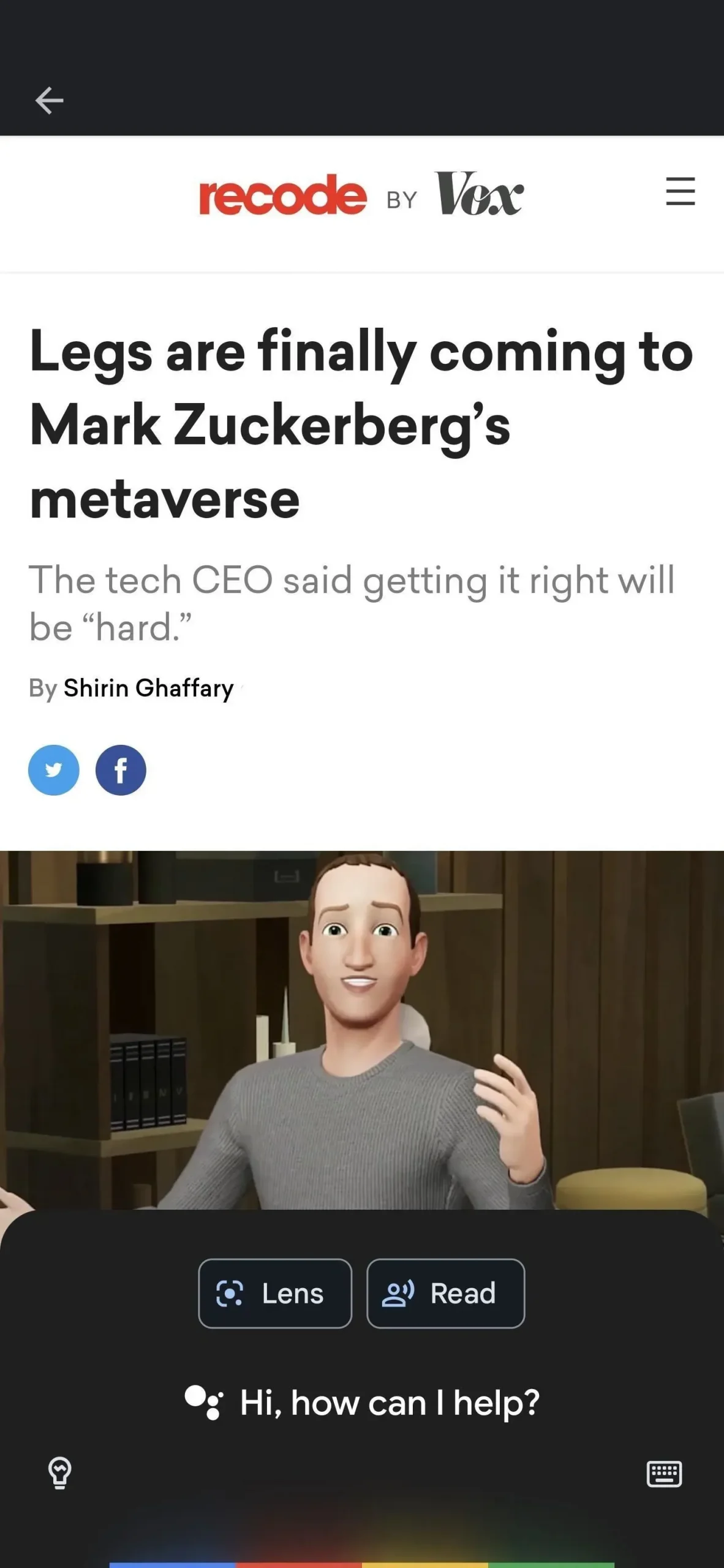
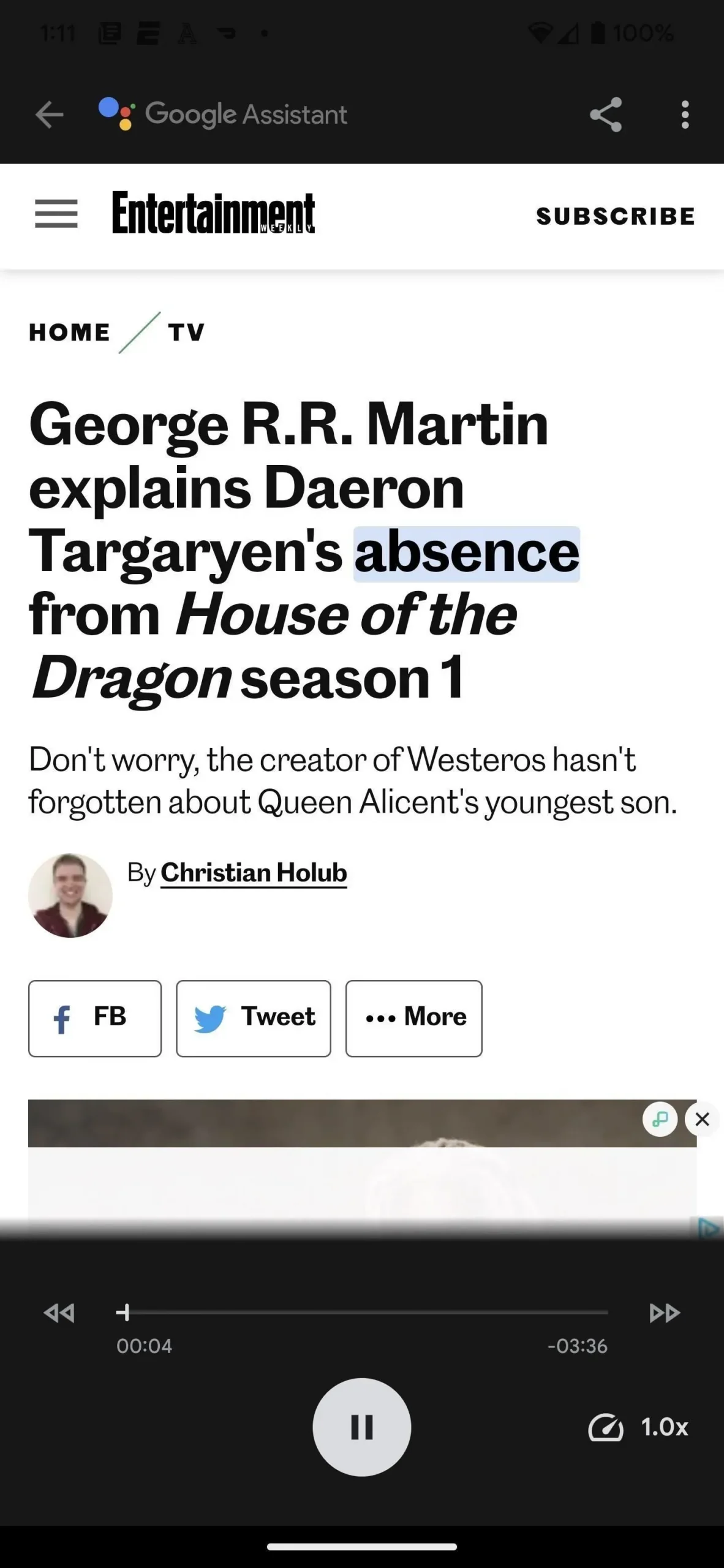
The three-dot menu at the top gives you access to more options, such as “Read aloud with your voice.”Use a British accent if you want to make your reading hour classy. You can also turn off the Text Sync option if you don’t want Google Assistant to highlight words as you read.
At the bottom is a playback speed control that you can adjust to make Google Assistant read slower or faster, from 0.5 to 3.0 times its normal speed.
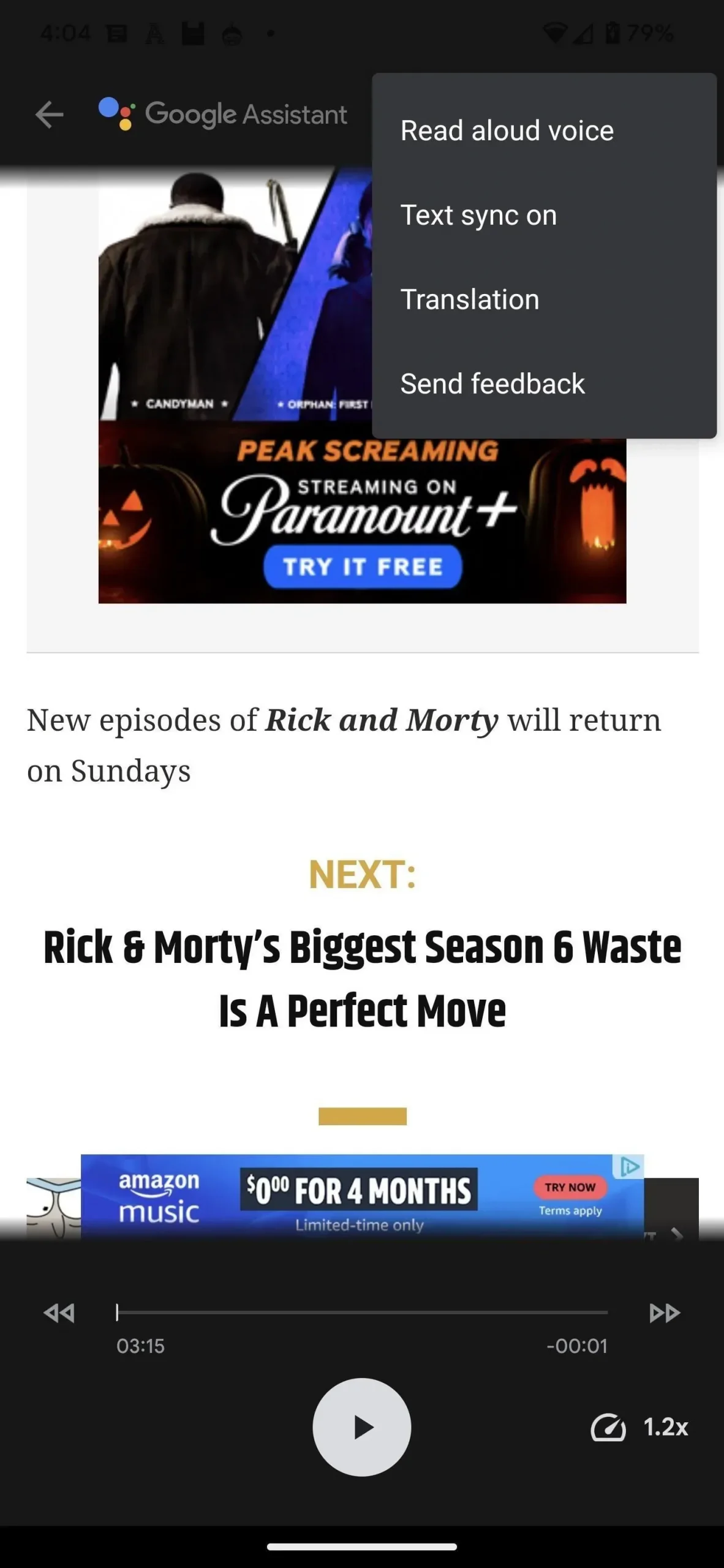
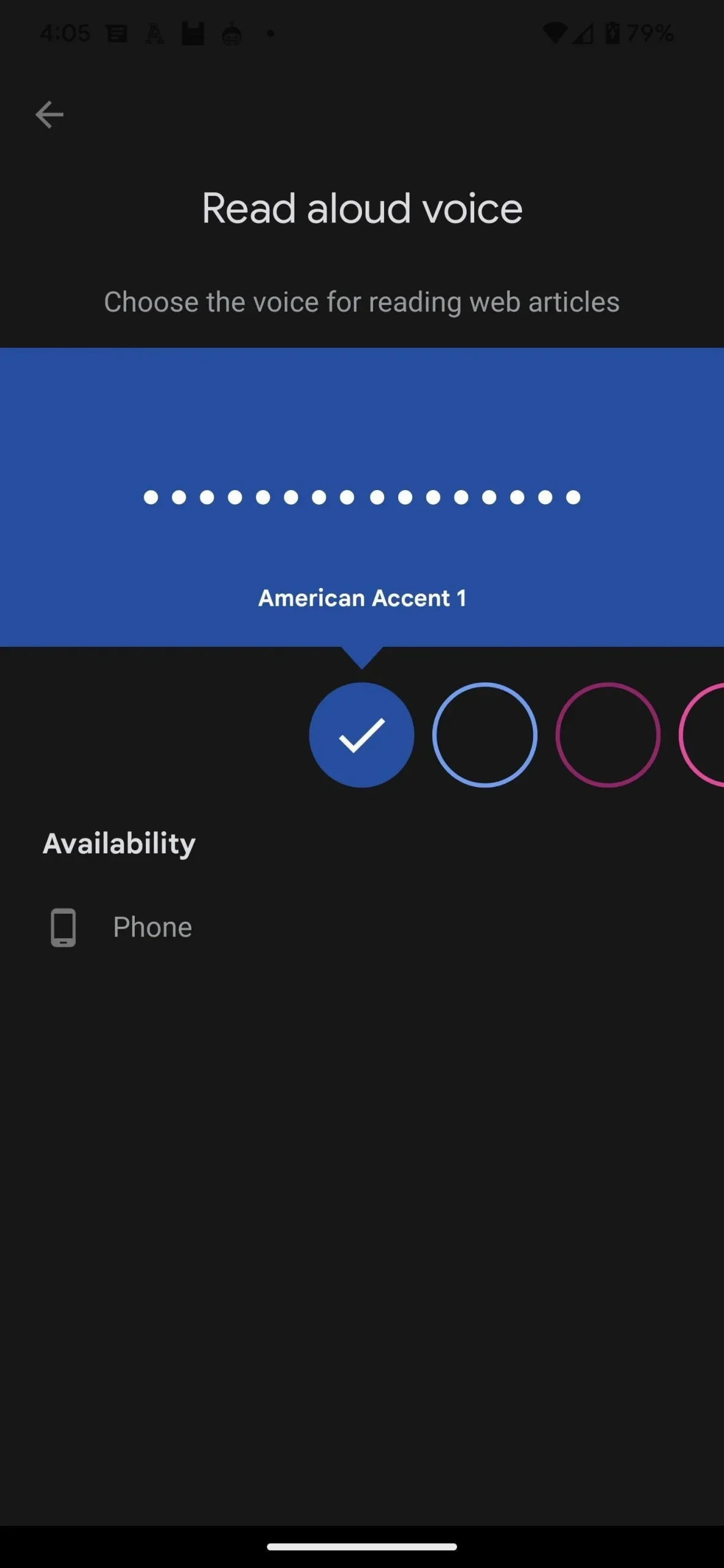
Method 2: Activate TalkBack or choose to speak
If you don’t use Google Assistant, there’s another option built into Android called TalkBack. Go to Settings -> Accessibility -> TalkBack, then turn on the TalkBack toggle to give it a try. Also, turn on the TalkBack shortcut option so you can turn the service on and off by holding both volume keys at the same time.
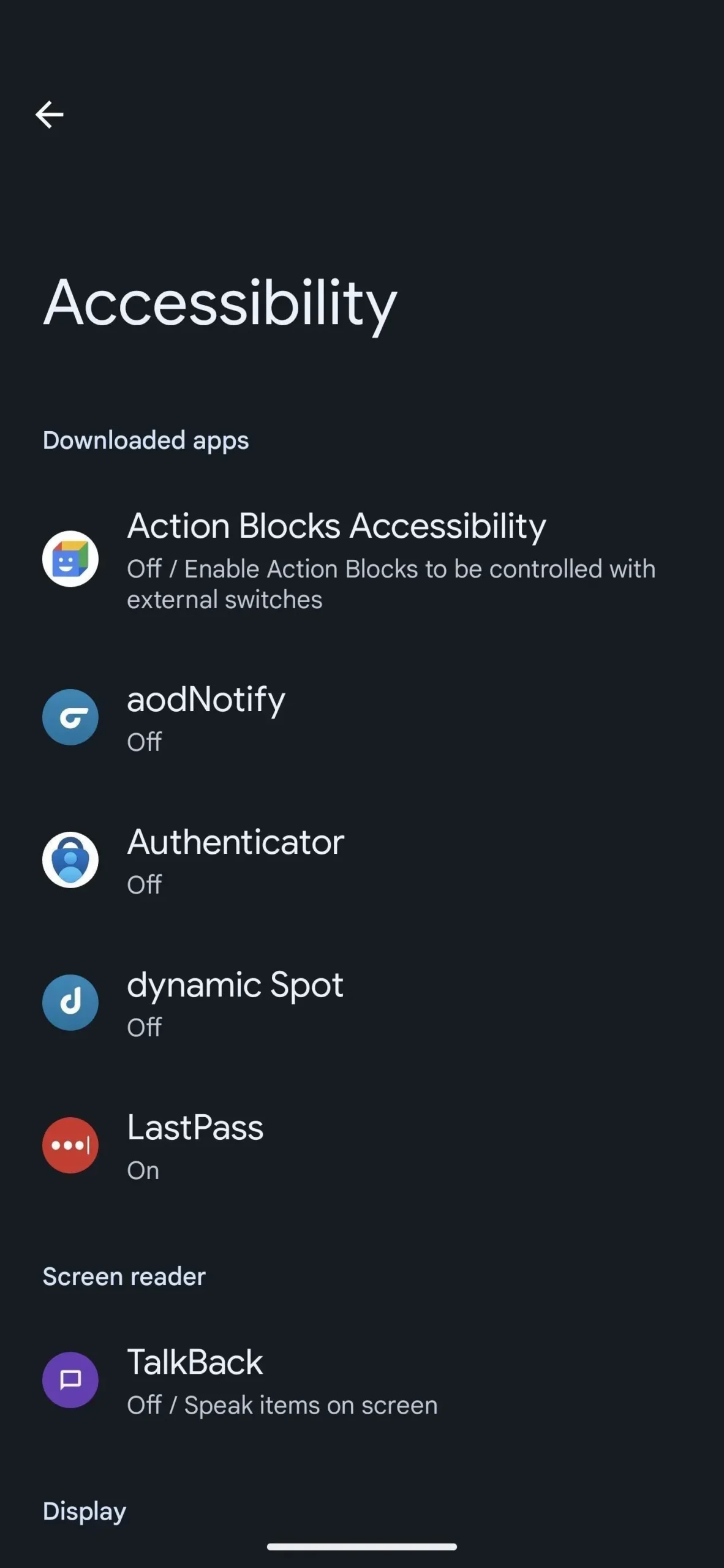
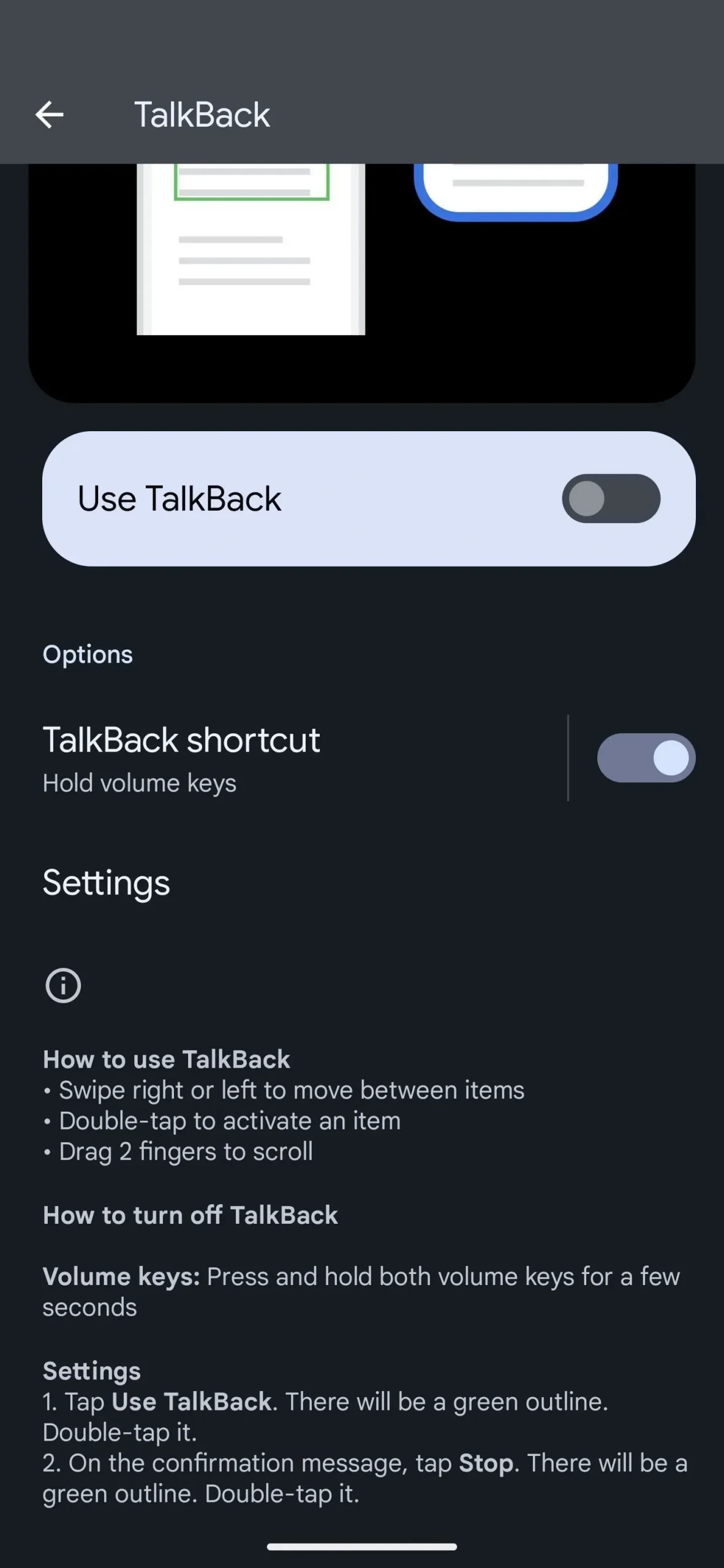
The downside of TalkBack is that it’s designed to help visually impaired people navigate their devices. When you select a text box, TalkBack adds a green border around the text and reads whatever it contains. However, when you touch any element on the screen, it is highlighted and described aloud. Any action now requires a double tap, and a three-finger tap opens the TalkBack menu.
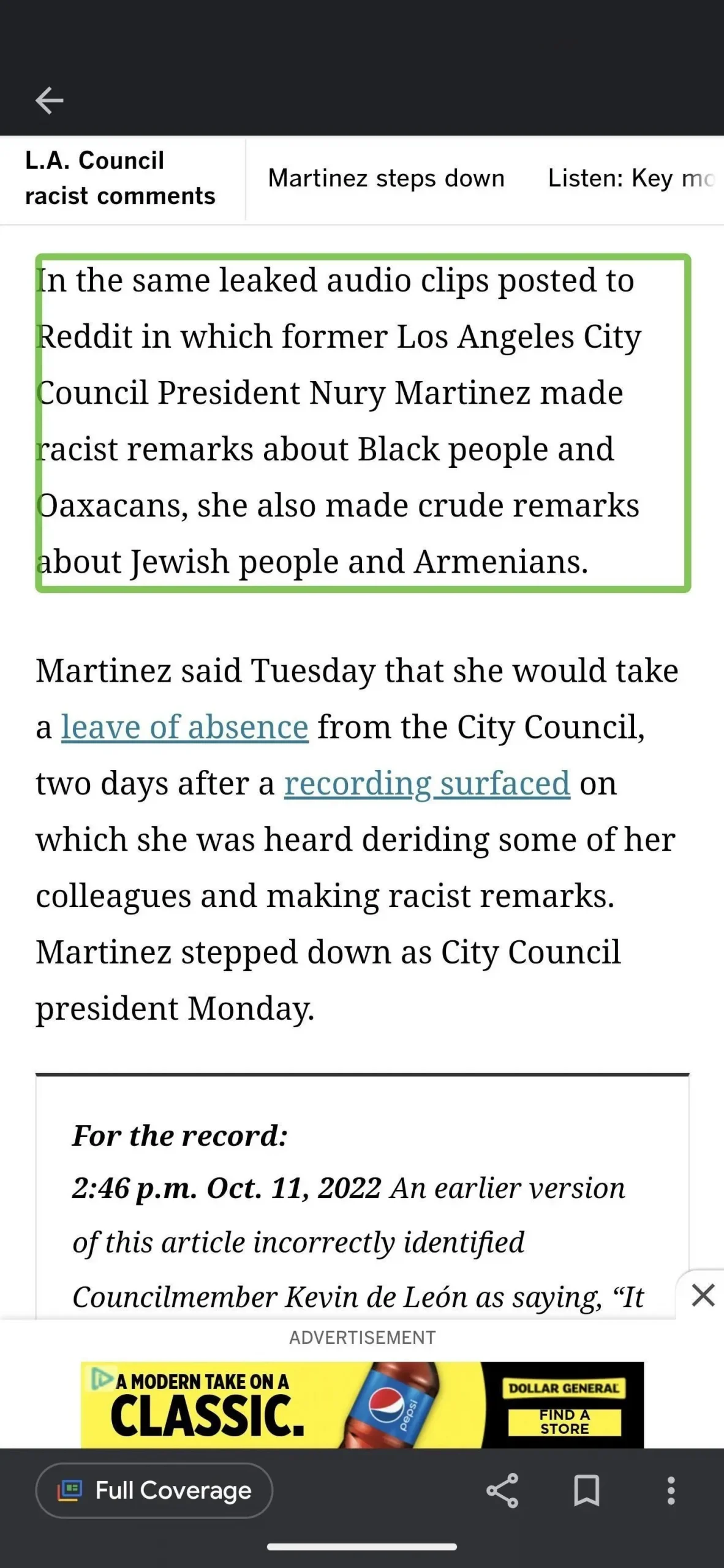
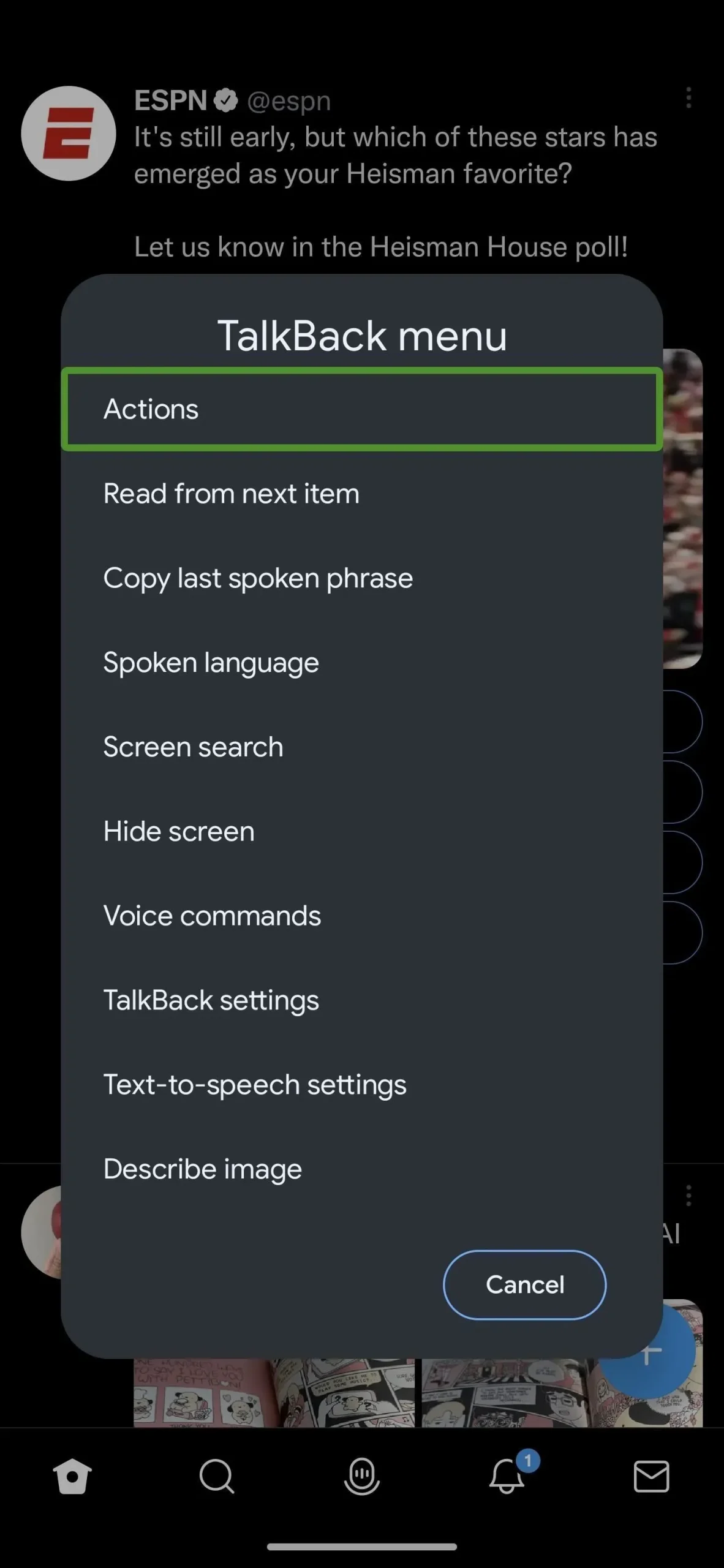
You can also try the Select to Speak tool in accessibility settings if you have it. It’s a little less clunky to use, and you can toggle it on and off with the on-screen accessibility button or by swiping up with two fingers from the bottom of the screen. You can customize your shortcut in Accessibility Shortcuts, Accessibility Button/Gesture, or similarly named settings. When you activate it, tap on the text block and it will start reading.
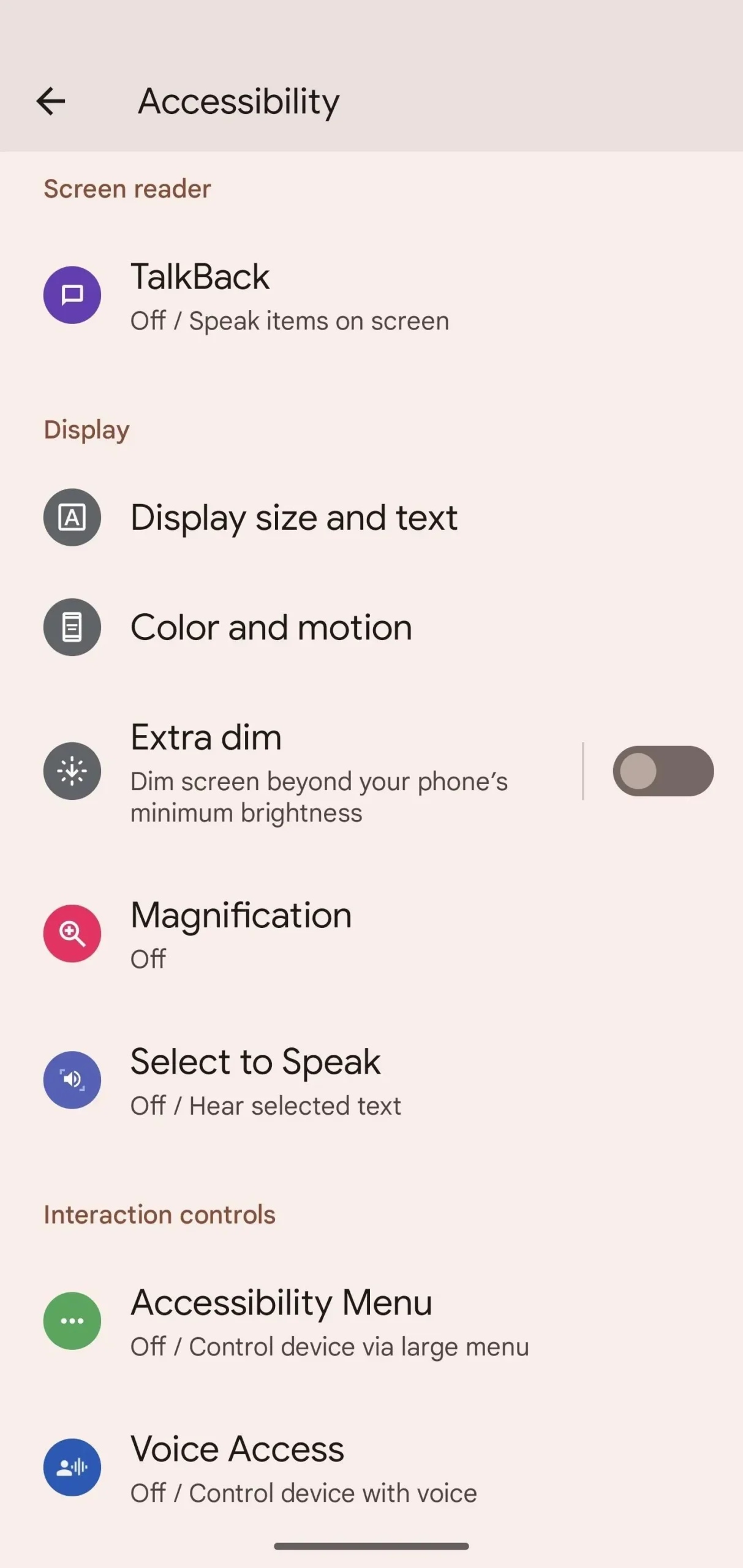
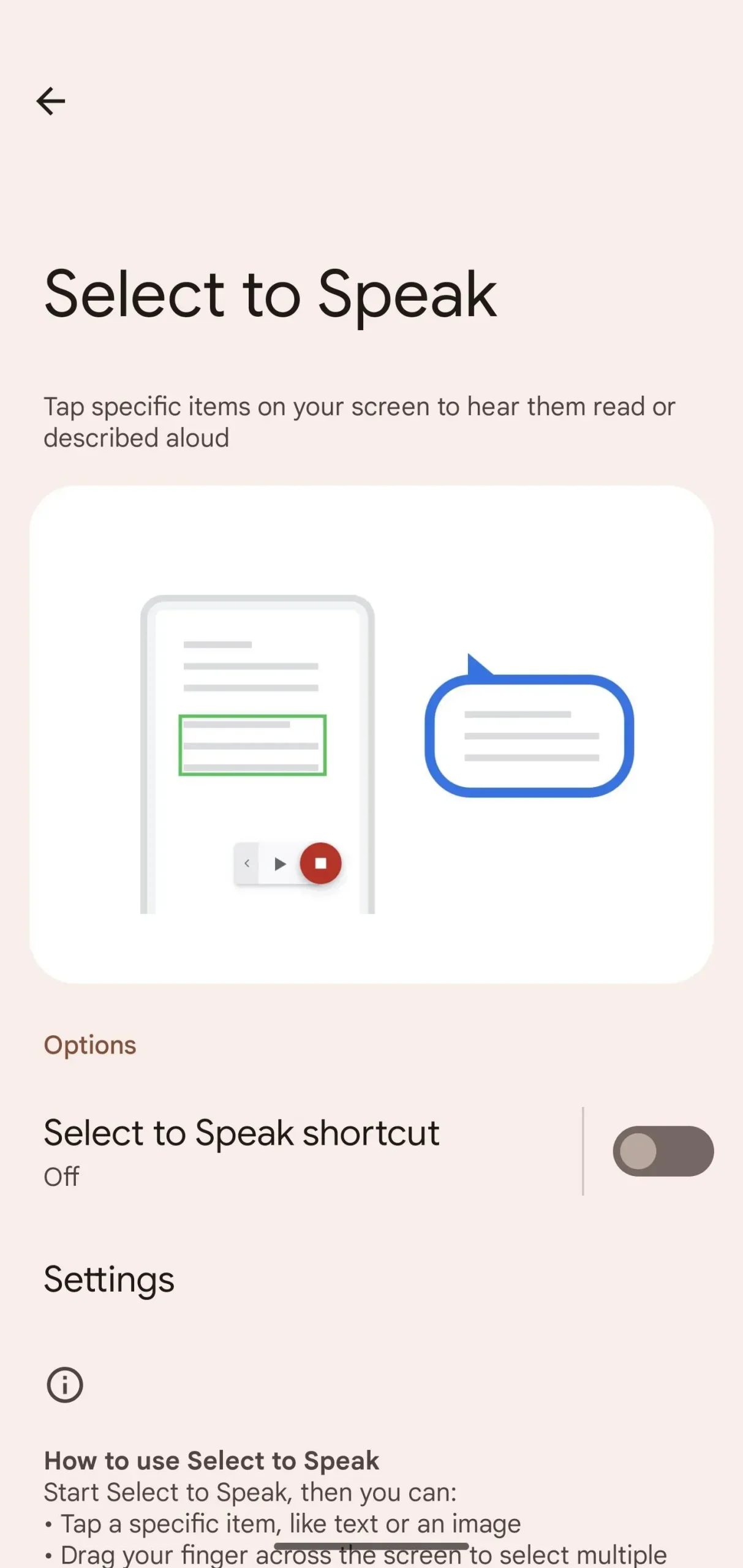
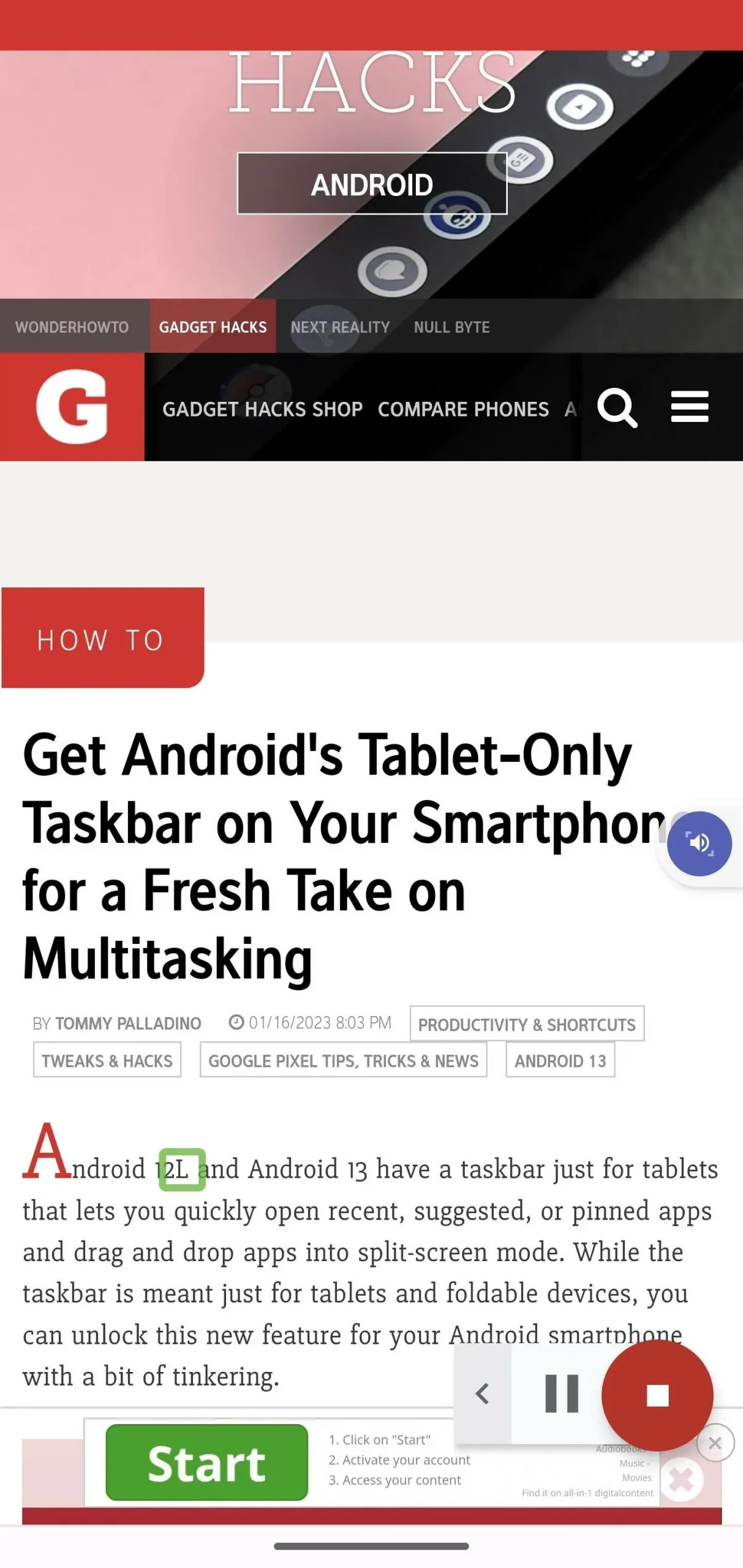
Method 3: Use Read Aloud in Google Play Books
If you’re using the Google Play Books app, you can get it to read your books, and it works better than the options above. Other methods are designed to read the screen itself and stop when they reach the end of a paragraph or article, but Play Books can automatically turn pages and continue reading.
To get started, open any book to any page. Swipe down from the top to open the three-dot menu, tap it, and select Read Aloud. The app will start reading, highlighting each sentence.
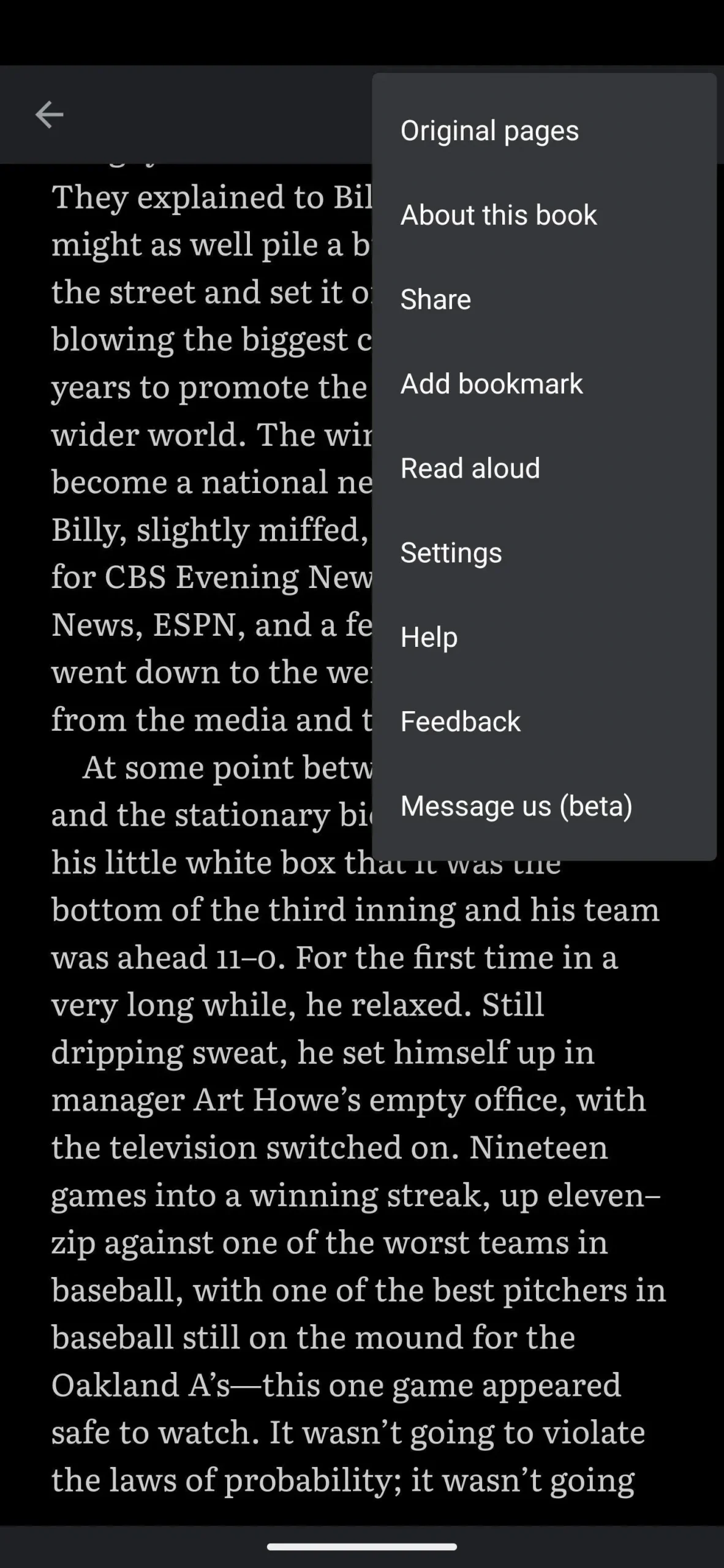

Method 4: Try Third Party Options
You are not limited to the above methods created by Google; There are plenty of third party solutions if you need different voices, more realistic speech, easier controls and other features. Some of them are free, while others are paid services. Popular apps include Announcer’s Voice, Pocket, Speechify, T2S, Conversation, Text to Speech, TTS Reader, and Voice Reader Aloud.
